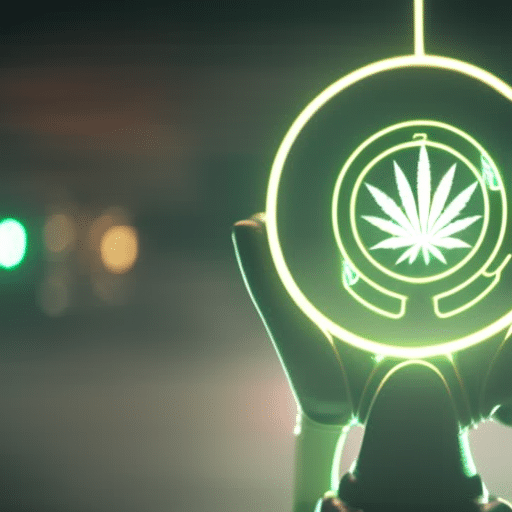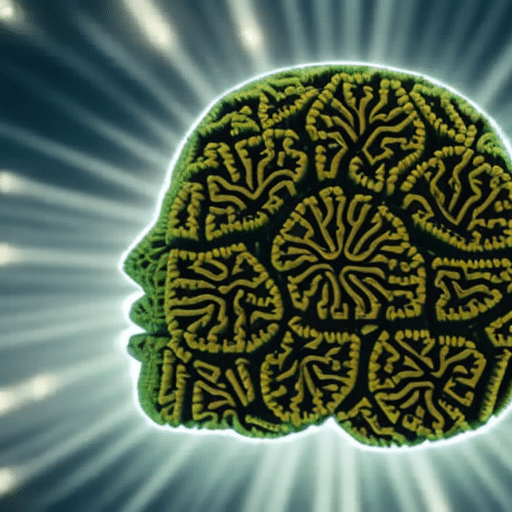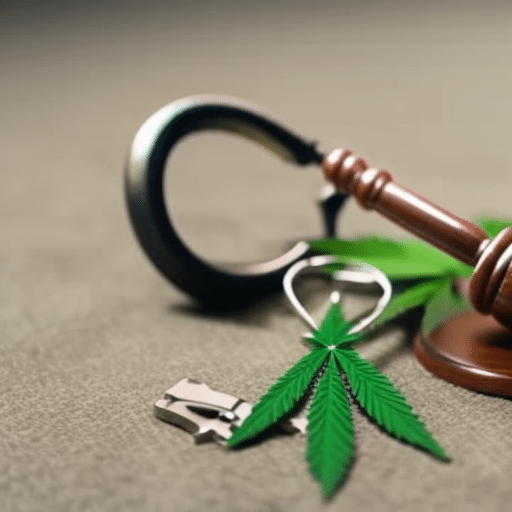You’ve probably wondered, ‘Can I still drive if I’m on medical cannabis?’ You’re not alone. It’s a crucial question, especially as medical cannabis use becomes more widespread.
We will delve into the research behind cannabis’s impact on motor skills and driving performance, discuss the legal implications, and offer safety tips. It’s also important to remember that for all your medical cannabis card certifications and renewals, you can visit the Cannabis Docs website. You can do this privately and online, right from the comfort of your home or office.
It’s time to demystify the effects of this powerful plant on our ability to function behind the wheel. Let’s get started.
Understanding the Effects of Medical Cannabis on the Human Body

You’ve probably heard that medical cannabis can help with several health issues, but you might not fully understand its effects on your body. Let’s delve into cannabis pharmacology. The active compounds in cannabis, called cannabinoids, interact with specific receptors in your body, modulating physiological processes like pain perception, mood, and appetite.
Counseling is crucial for patients using medical cannabis, as the effects can vary based on factors like dosage, strain, and individual physiology. It’s essential to understand that while cannabis can provide relief for conditions like chronic pain, it may also impact your motor skills and reaction time. So, while you’re finding liberation in the relief cannabis provides, remember to balance that with understanding and caution.
The Role of Medical Cannabis in Motor Skill Functioning

There’s a significant amount of research showing that medical cannabis can affect your motor skills in various ways. You might experience alterations in balance, coordination, and reaction time. However, the impact is largely dependent on cannabis dosage control. The good news is, that with the correct dosage, you can still reap the therapeutic benefits of exploration without compromising your motor abilities.
- Medical cannabis may disrupt fine motor control but can improve gross motor skills.
- The severity of impact is dose-dependent – higher doses might cause more noticeable changes.
- Therapeutic use can offer significant relief from symptoms of chronic illnesses, without necessarily impacting motor skills.
Analyzing Research: Medical Cannabis and Driving Performance

While it’s evident that medical cannabis can impact your motor skills, it’s also crucial to delve into how this specifically affects your ability to drive, as suggested by current research. Cannabinoid therapies can induce impaired judgment, potentially altering your ability to respond to road situations.
| Study | Result | Implication |
|---|---|---|
| Hartman RL, 2015 | THC affects driving performance | Driving under the influence can be hazardous |
| Bosker WM, 2012 | Impaired driving even after the high | Residual effects can last |
| Lenné MG, 2010 | No significant impact in low doses | Safer driving with a controlled dose |
The Legal Perspective: Medical Cannabis Use and Driving Laws

In this segment, we’re shifting gears to delve into your state’s legal stance on medical cannabis use and driving laws. We’re deciphering law interpretation and the policy implications for you, the medical cannabis user.
Understanding these laws isn’t just about compliance; it’s about your freedom, your liberation. So, here are the key takeaways:
- Different states have different thresholds for what constitutes impairment.
- Some states have zero-tolerance policies, while others allow for low levels of THC.
- No state allows you to drive while under the influence, even if you’re a medical cannabis user.
The law is clear: don’t drive if you’re impaired. It’s a matter of public safety, and it’s your responsibility to understand your body’s reaction to medical cannabis.
Safety Measures for Medical Cannabis Users Behind the Wheel

You’re now facing the responsibility of ensuring safety behind the wheel after using medical cannabis, and it’s crucial to remember that despite the relief from your symptoms, your ability to drive might be impaired. The main impediment is cannabis dosage impact, as higher doses lead to worse motor skills performance. Roadside testing challenges exist, with no standard measurement for cannabis impairment like there is for alcohol.
It’s difficult to determine how much cannabis impairs your ability to drive, as it varies from person to person. Thus, before getting behind the wheel, evaluate your level of impairment critically. Be aware of your body’s reactions, and remember, liberation is not about breaking the chains, but responsibly navigating them. Your safety, and the safety of others, is a priority.
Frequently Asked Questions
What Are Some Common Side Effects of Medical Cannabis?
You might experience dry mouth, dizziness, or cannabis allergies while using medical cannabis. Some patients also report altered perception or mood changes. It’s important to monitor these effects, as they could impact your daily routines.
How Is Medical Cannabis Administered for Therapeutic Purposes?
You’d administer medical cannabis based on dosage determination, selecting therapeutic strains for specific conditions. It’s inhaled, ingested, or applied topically. Ensure you’re consulting with a healthcare professional for accurate dosing and strain selection.
Can the Use of Medical Cannabis Lead to Addiction?
Yes, you can develop cannabis dependency risks, especially with recreational use. Therapeutic use is different, it’s monitored and based on need. But, like any substance, misuse can lead to addiction.
What Are Some Alternative Treatments for Conditions Usually Treated With Medical Cannabis?
You’re exploring options? Consider herbal therapy exploration or acupuncture efficacy. Both offer potential relief for conditions usually treated with cannabis, without the same risk of motor skill impairment. Always consult a healthcare professional first.
How Does Medical Cannabis Interact With Other Medications?
You’ve asked about cannabis medication synergy and potential risks. Medical cannabis can interact with other meds, potentially enhancing or reducing their effects. Always consult your doctor to avoid unexpected side effects or efficacy issues.
Conclusion
So, should you drive after using medical cannabis? It’s a complex issue. While some studies suggest medical cannabis might impact your motor skills, the research isn’t definitive. Laws vary widely too, adding another layer of complexity. Ultimately, your safety and others are paramount. Always consult with your healthcare provider and learn about your local laws.
If in doubt, consider alternative transportation options. It’s better to be safe than sorry.
For all your medical cannabis card certifications and renewals, consider visiting the Cannabis Docs website. They offer a private and convenient online service that you can access from the comfort of your home or office. It’s an effective solution for managing your medical cannabis needs responsibly.
